When it comes to selecting the right tiles for your business or personal space, it is essential to consider the durability, aesthetics, and functionality. Ceramic and porcelain tiles are two popular options that have distinct characteristics. This article aims to provide a detailed analysis of ceramic tiles and porcelain tiles, enabling you to make an informed choice for your tiling needs. 1. Composition and Manufacturing: Ceramic tiles are made from a mixture of clay, minerals, and water, which is then fired in a kiln at high temperatures. They are typically coated with a glaze to enhance their durability and aesthetic appeal. Conversely, porcelain tiles are made from refined clay and fired at higher temperatures, making them denser and more impervious to moisture. 2. Durability: Porcelain tiles are renowned for their exceptional durability due to their dense composition and high firing temperatures.
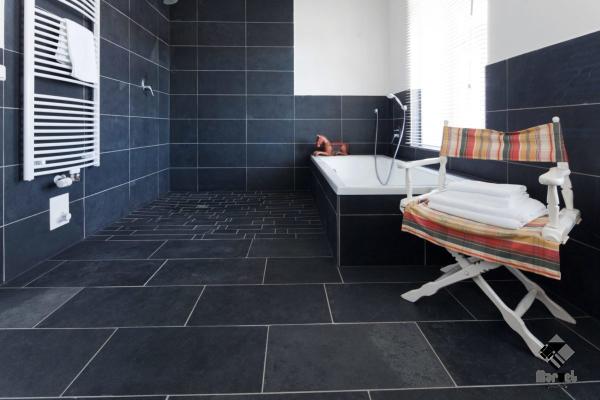
.
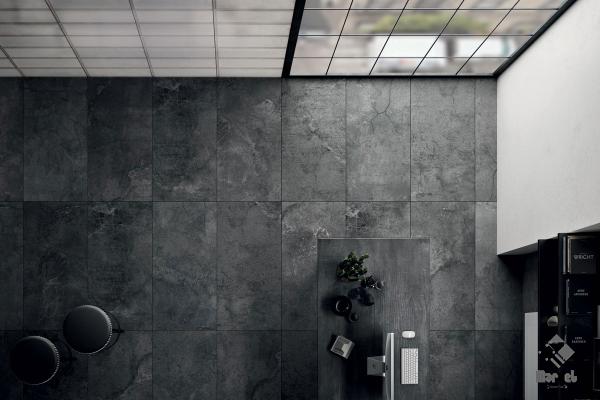 They are highly resistant to scratches, stains, fading, and moisture penetration, making them an ideal choice for high-traffic areas, such as commercial spaces or outdoor applications. Ceramic tiles, on the other hand, are less dense and are better suited for low to medium-traffic areas. 3. Water Absorption: Porcelain tiles have a significantly lower water absorption rate, with a maximum of 0.5% according to industry standards. This property makes them ideal for humid environments, including bathrooms, kitchens, and even outdoor installations. Ceramic tiles, although glazed, can have a water absorption rate up to 3%, making them more susceptible to moisture-related issues in areas with high humidity or water exposure.
They are highly resistant to scratches, stains, fading, and moisture penetration, making them an ideal choice for high-traffic areas, such as commercial spaces or outdoor applications. Ceramic tiles, on the other hand, are less dense and are better suited for low to medium-traffic areas. 3. Water Absorption: Porcelain tiles have a significantly lower water absorption rate, with a maximum of 0.5% according to industry standards. This property makes them ideal for humid environments, including bathrooms, kitchens, and even outdoor installations. Ceramic tiles, although glazed, can have a water absorption rate up to 3%, making them more susceptible to moisture-related issues in areas with high humidity or water exposure.
..
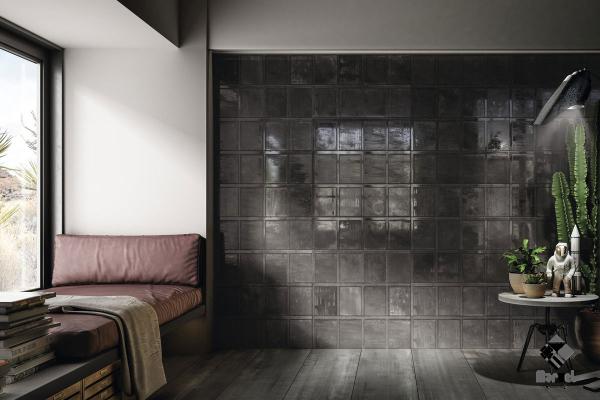 4. Aesthetics: Both ceramic and porcelain tiles offer an extensive array of style options, finishes, and patterns to suit various design preferences. However, porcelain tiles often mimic natural stones, such as marble or slate, with a higher level of accuracy due to their manufacturing process. Ceramic tiles are available in an endless array of designs and colors, making them a versatile option for creative and eclectic spaces. 5. Maintenance: Porcelain tiles require minimal maintenance due to their inherent durability. They are stain-resistant, easy to clean, and generally do not require sealing. Ceramic tiles, on the other hand, may require more frequent cleaning and occasional resealing of the grout lines to prevent staining and moisture penetration.
4. Aesthetics: Both ceramic and porcelain tiles offer an extensive array of style options, finishes, and patterns to suit various design preferences. However, porcelain tiles often mimic natural stones, such as marble or slate, with a higher level of accuracy due to their manufacturing process. Ceramic tiles are available in an endless array of designs and colors, making them a versatile option for creative and eclectic spaces. 5. Maintenance: Porcelain tiles require minimal maintenance due to their inherent durability. They are stain-resistant, easy to clean, and generally do not require sealing. Ceramic tiles, on the other hand, may require more frequent cleaning and occasional resealing of the grout lines to prevent staining and moisture penetration.
…
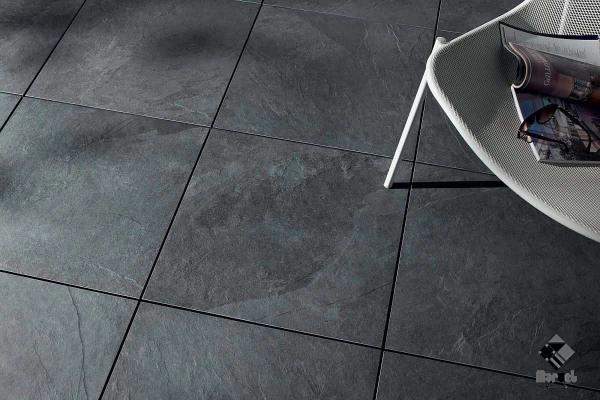 6. Price: In terms of price, ceramic tiles generally tend to be more affordable compared to porcelain tiles. However, the overall cost will depend on factors such as tile size, style, and installation requirements. Consider your budget and the intended use of the tiles when making a decision. Conclusion: When deciding between ceramic tiles and porcelain tiles, it is crucial to evaluate your specific needs and requirements. Porcelain tiles excel in high-traffic areas or environments where moisture resistance is essential. Ceramic tiles offer a wider range of design options and are a more budget-friendly choice. Ultimately, understanding the characteristics and potential applications of both tile types will help you select the perfect solution for your business or personal space.
6. Price: In terms of price, ceramic tiles generally tend to be more affordable compared to porcelain tiles. However, the overall cost will depend on factors such as tile size, style, and installation requirements. Consider your budget and the intended use of the tiles when making a decision. Conclusion: When deciding between ceramic tiles and porcelain tiles, it is crucial to evaluate your specific needs and requirements. Porcelain tiles excel in high-traffic areas or environments where moisture resistance is essential. Ceramic tiles offer a wider range of design options and are a more budget-friendly choice. Ultimately, understanding the characteristics and potential applications of both tile types will help you select the perfect solution for your business or personal space.

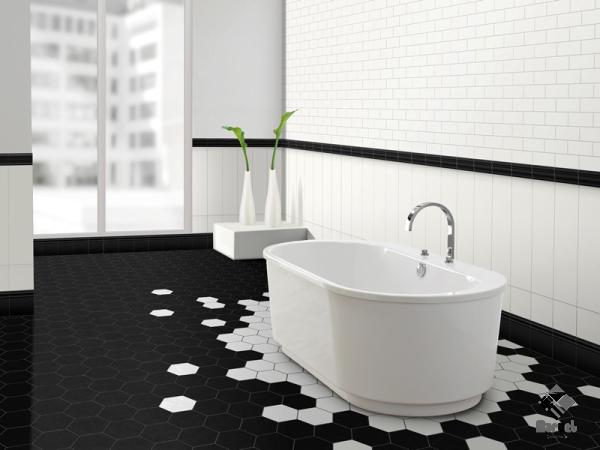
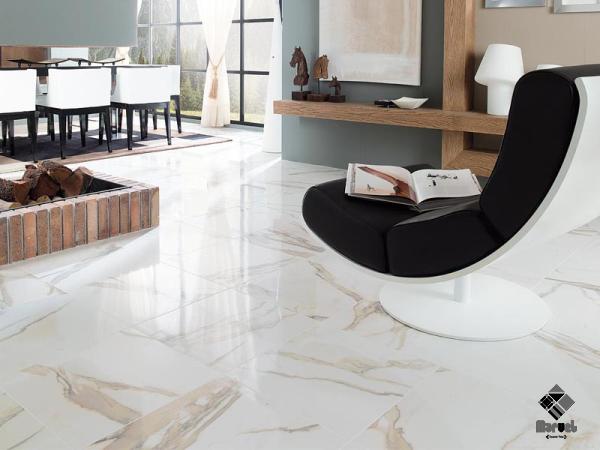
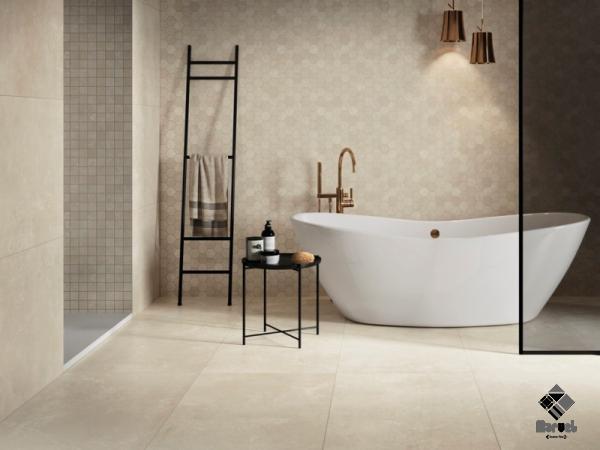
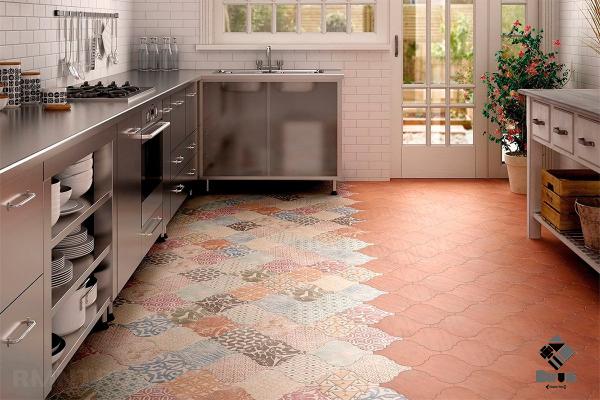
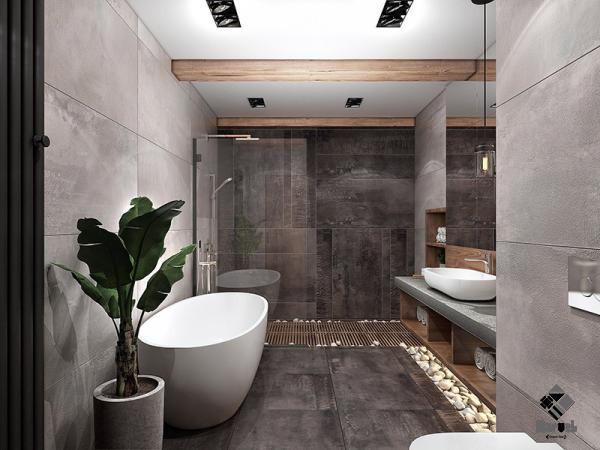
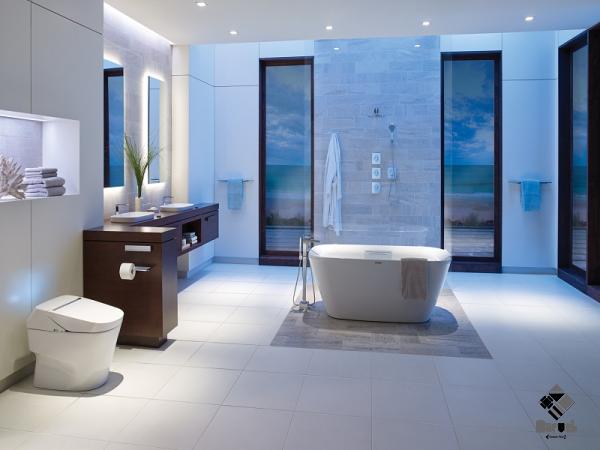
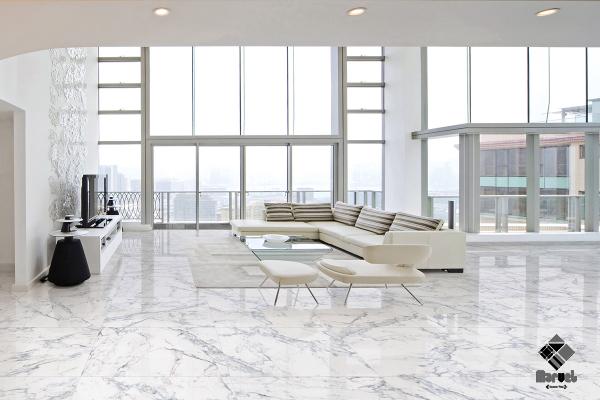
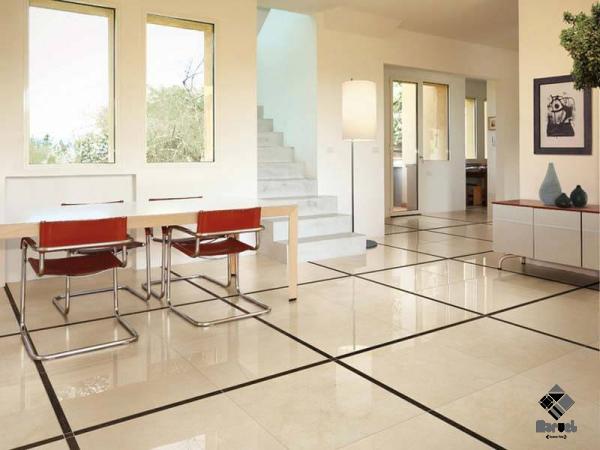
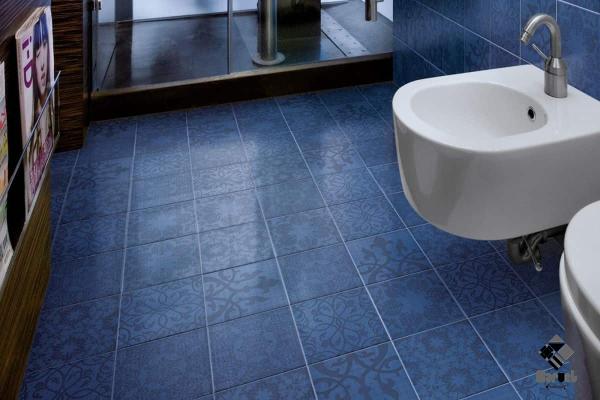
Your comment submitted.